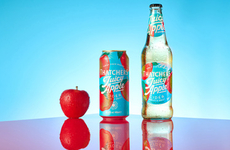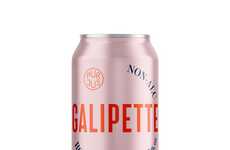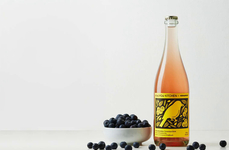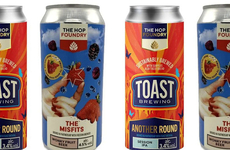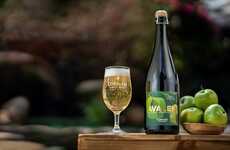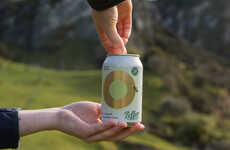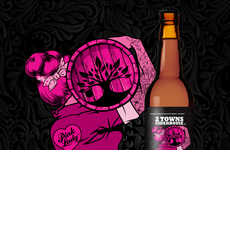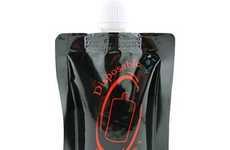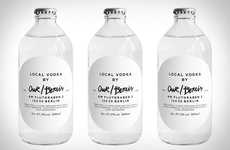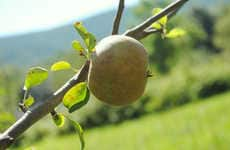
Batlow Premium Cider Stems from the Australian Co-Operative
Tiana Reid — March 15, 2012 — Social Good
References: facebook & springwise
While social enterprises like FoodCycle use surplus to feed local communities, Batlow Premium Cider does something different with its food waste: a refreshing beverage with 5.5. percent alcohol.
The product stems from Batlow Apples, an Australian farmers' co-op that has been around for decades. And of course, that's where the apple waste is sourced from.
Springwise noted that because the brand has been around since 1922, "producing the cider under the same name should require less marketing effort and spend than one would usually associate with the launch of a new alcoholic beverage."
Contact Information
Batlow Premium Cider website
Batlow Premium Cider on Facebook
Batlow Premium Cider on Twitter
The product stems from Batlow Apples, an Australian farmers' co-op that has been around for decades. And of course, that's where the apple waste is sourced from.
Springwise noted that because the brand has been around since 1922, "producing the cider under the same name should require less marketing effort and spend than one would usually associate with the launch of a new alcoholic beverage."
Contact Information
Batlow Premium Cider website
Batlow Premium Cider on Facebook
Batlow Premium Cider on Twitter
Trend Themes
1. Sustainable Alcohol Beverages - Creating alcoholic beverages using food waste and surplus to address the issue of sustainability.
2. Circular Economy - Utilizing waste or surplus products from one industry to create a new product in a different industry, ultimately creating a circular economy.
3. Marketing for Established Brands - Leveraging the existing brand name and reputation is a valuable marketing tool for launching new products.
Industry Implications
1. Alcoholic Beverages - The alcoholic beverage industry is ripe for innovative disruption through the adoption of upcycling and the circular economy.
2. Food and Agriculture - The food and agriculture industry can look to innovative ways of reducing waste by repurposing surplus and unsold products.
3. Marketing and Advertising - Companies can capitalize on the trust and reputation of established brands to launch new products, potentially saving on marketing costs.
3.5
Score
Popularity
Activity
Freshness


